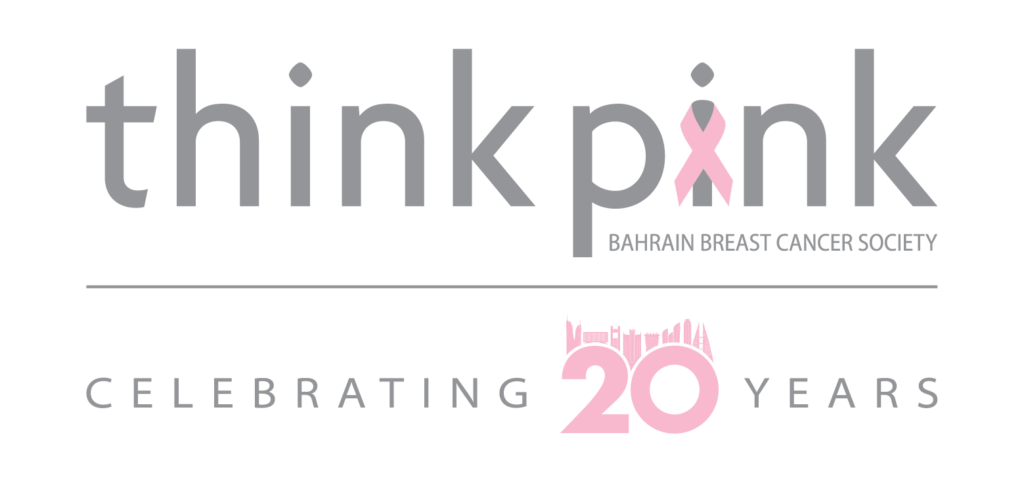How the aids were developed?
“The decision aids are the end result of systematic evidence reviews and careful synthesis, including making sure the content of the decision aid is presented at a reading level that helps ensure all who use it can understand it. Once the decision aids are made, they undergo in-house review by several people (including people not directly involved in the evidence review and synthesis), and the decision aids are also evaluated via a sample of people outside of EBSCO to determine whether the decision aids meet needs of people facing this decision, and if not, how they could be improved.” notes Dr Alper.
They (the decision aids) were a commissioned project by Think Pink: Bahrain Breast Cancer Society and follows on from the National Breast Cancer Guidelines produced and published in 2018/2019, funded by the NGO and received by the Supreme Council of Health and the NHRA. Speaking on behalf of the Charity, Mrs Tahera Al Alwai: Vice Chair of the NGO states, “It has always been important for the Charity to be very much consumer driven. It has been our goal to get back to our “roots” following extremely high impacted and delivered milestones over the years. Julie and I were at each development process with EBSCO, working remotely with the International Team. A working group from the Charity side in Bahrain supported the double binding translation, to ensure continuity and clarity, of which also included Faye Al Khalifa and Fatima Al Hannan.


